In 1996, back when the present U.S. Secretary of State was the first lady, Hillary Rodham-Clinton published a book titled "It Takes a Village: And Other Lessons Children Teach Us," which popularized an old African proverb — "It takes a village to raise a child."
I'm betting that if David Paddock writes a book, it will be titled "It Takes a Forest." But I'm getting ahead of myself.
As is often the case with simple wisdom, and when propogated by controversial politicians in particular, the "village" maxim soon garnered more derision than approbation. But beyond politics, social scientists know, and most parents admit, that child-rearing is a mysterious combination of nature and nurture. Both influence a child's development to varying degrees, with the interplay of genes and environment determining who we become. Clearly the village plays a role.
Today, however, with over half of the world's population living in cities, more and more young people are missing out on a crucial dimension of childhood development. Not the village or the genes, but the forests: a combination of nature and nurture, call it self-nurturing in the natural environment.
The lack of forests, fields and streams for urban kids is one part of the problem, and the spread of seductive technologies is another. According to a recent survey in the United States by California-based nonprofit the Kaiser Family Foundation (which focuses on national healthcare issues and the U.S. role in global health policymaking), in a typical day "8- to 18-year-olds devote an average of 7 hours 38 minutes to using entertainment media (more than 53 hours a week). And because they spend so much of that time 'media multitasking,' they actually manage to pack a total of 10 hours 45 minutes' worth of media content into those 7½ hours." (For full survey results, visit the Kaiser Family Foundation website)
These findings should shock me, but as the parent of a teenager and a professor surrounded by young people and their techno-toys, I find myself in awe as much I am appalled. It no longer surprises me to see my son texting on a cellphone while talking on Skype with several friends across the globe who are all watching the same YouTube video.
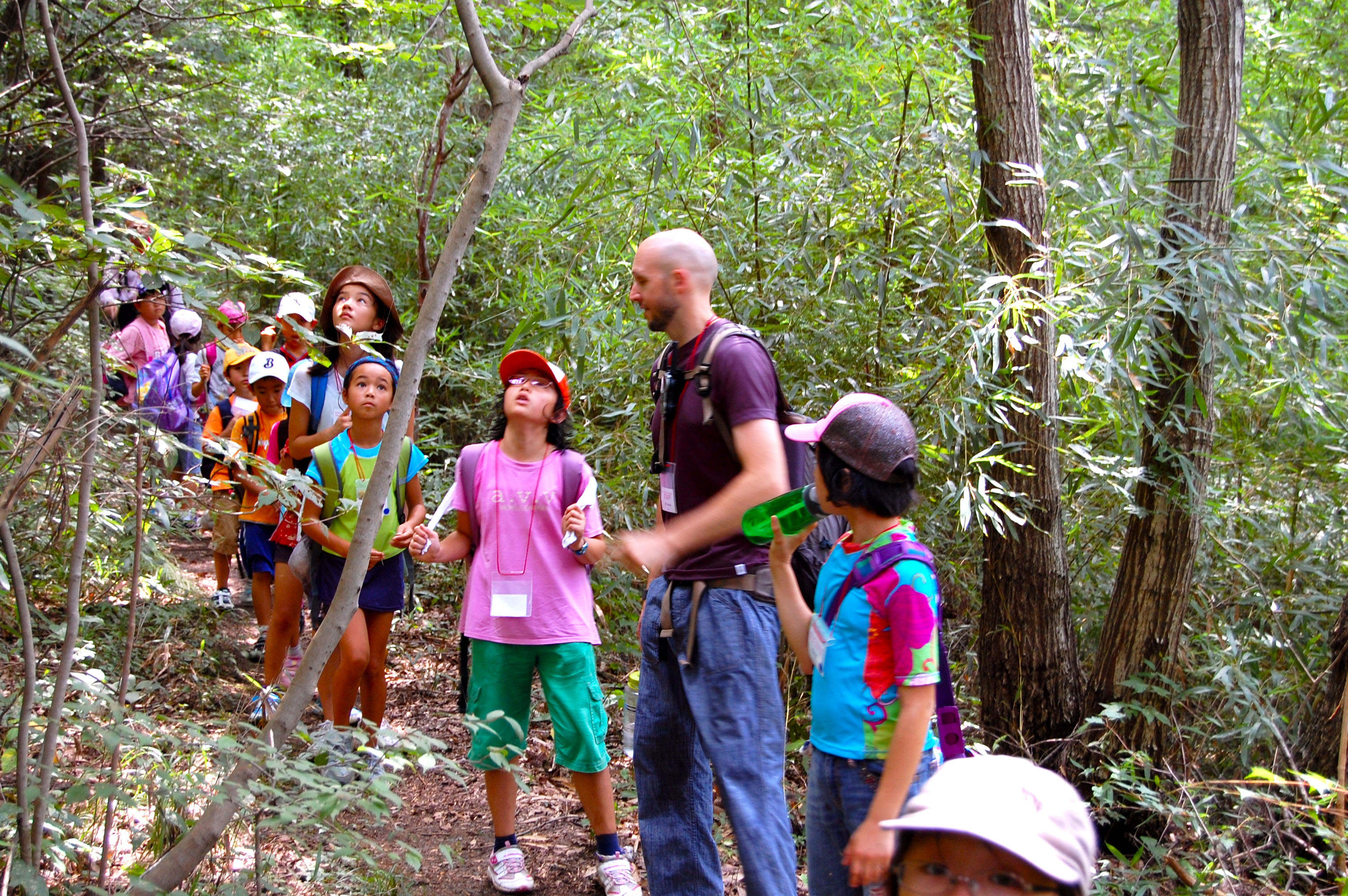
Whether we like it or not, such technologies and their offspring are here to stay. The problem is that each hour a child spends absorbed in entertainment media is one hour not spent in nature.
Which brings me back to David Paddock. When we spoke recently, I didn't mention the Kaiser survey, but I expect he would agree that techno-absorption bodes ill for kids, as well as for the society they will inhabit in decades to come.
Paddock is the founder and director of English Adventure (EA) in Japan, and he is dedicated to tackling two of my biggest educational concerns here. One is the lack of dynamic and engaging English education for young people and the other is the fact that so few youngsters get out into the natural environment.
Paddock and his colleagues run a variety of EA camps, including English Immersion programs intended for Japanese kids who have lived abroad and which are popular with those attending international schools, and English Challenge (EC) programs for children who've had little exposure to English.
Like various other similar outdoors programs for children — including ones my Nature page colleague C.W. Nicol organizes with his Afan Woodland Trust in Nagano Prefecture — these camps give children an opportunity for self-nurturing in a supportive environment set in natural surroundings. Unlike Nic's projects for mainly disadvantaged Japanese children and young Tohoku survivors, though, these are conducted in English.
As Paddock explains, "One book that had a big influence on me and my work was 'Last Child in the Woods: Saving Our Children From Nature-Deficit Disorder' (2005, Algonquin Books) by Richard Louv. At the core of the book is that notion of 'nature-deficit disorder.' " Interestingly, Nic cited the same book in his Japan Times column on Sept. 4, 2011.
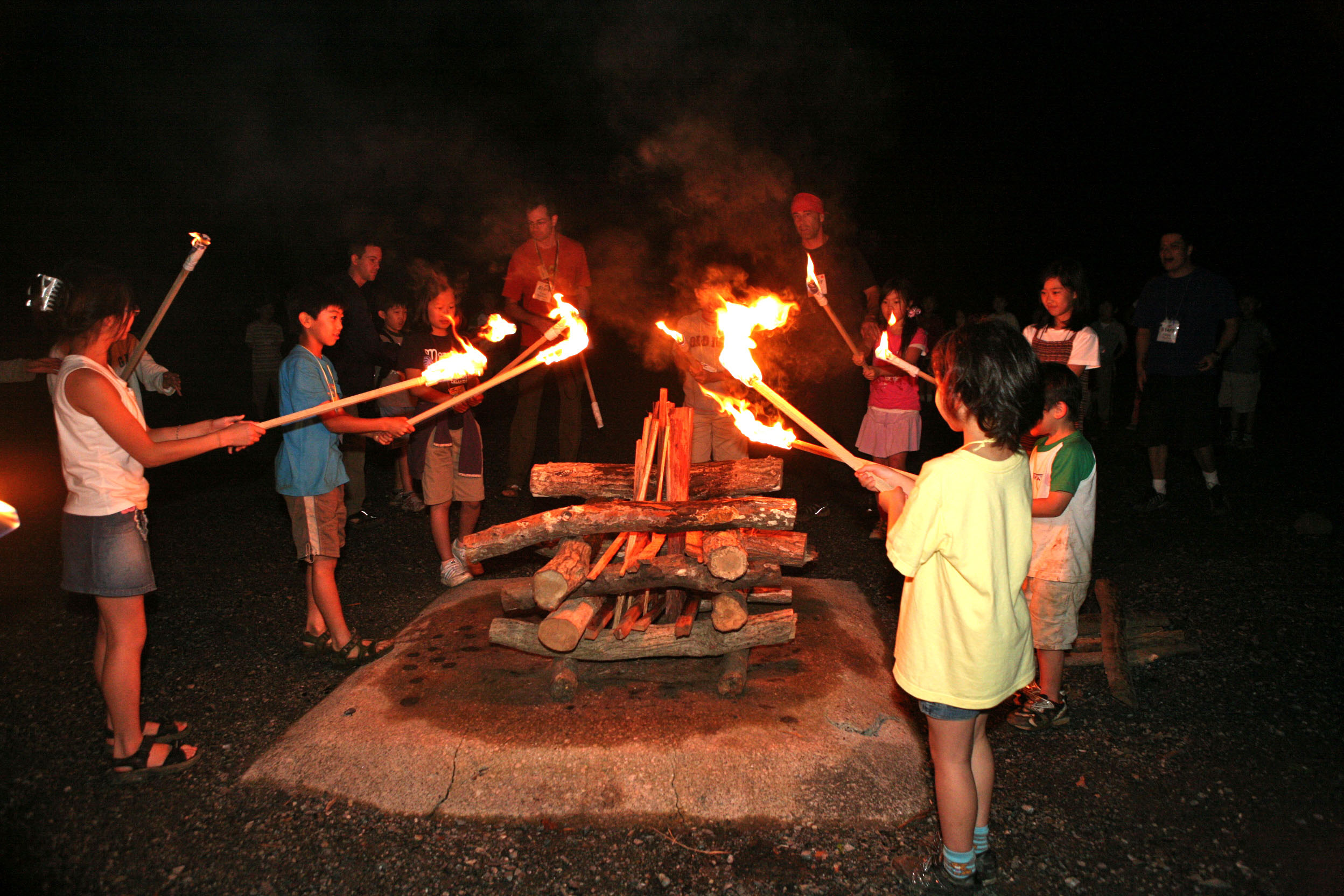
"Modern kids don't get enough time outdoors in contact with nature, and far less than previous generations, and this affects everything from intellectual and emotional development to obesity and physical fitness," Paddock continues. "As a kid, I only went to one overnight camp, but I was out in the woods around our neighborhood in the daytime, catching fireflies at night, sledding and making snow forts in winter. We weren't closely supervised, so we got to learn our own limits and invent our own play.
"I imagine that kids in some rural areas of Japan are still growing up that way, but certainly not the kids we host at EA camps. And if coming to camp is the only way they're going to get some of those experiences, then it's our privilege to help make that happen," he adds.
Paddock, 42, attended Indiana University (Bloomington), where he majored in biology and became interested in the martial art of aikido. After graduation, he worked in a molecular biology lab for three years before coming to Japan in 1996 as a participant on the Japan Exchange and Teaching (JET) program. He has been here ever since.
Paddock works closely with two EA staff, Jeff Jensen and Toshi Yuta.
Jensen is the EA program manager and an "extraordinary outdoorsman," according to Paddock. A Canadian who grew up in the Rockies, Jensen previously co-owned the first rafting company on the Tama River and annually celebrates New Year on top of Mount Fuji.
Yuta, the marketing and communication manager and camp manager, lived in the U.S. and New Zealand from age 14 and is fully bilingual. "He is very understanding of the challenges and benefits experienced by returnee kids, as well as the feelings and needs of kids who come into our English Challenge camps," says Paddock.
During the summer season beginning July 23 — which comprises four camps of five days each in Chichibu, Saitama Prefecture — EA hires around 30 support staff representing a mix of nationalities and backgrounds, many of them bilingual, to ensure that the children get the linguistic and personal support they need.
Like the Afan Woodland Trust, Paddock and his colleagues are also working hard to help less advantaged children in Japan.
"Another thread is that we are providing camps for a growing number of children from orphanages," he explains, including a special camp in Kurihara, Miyagi Prefecture, for Tohoku Prefecture orphans. "For these kids, all of the other camp benefits are true — along with what we believe to be great therapeutic potential to be found in nature."
Paddock cares deeply about kids and nature, and he hopes that nurturing campers who love nature will encourage those children to conserve Japan's environment when they get older. "We have to know something before we can love it, and we have to love it before we want to protect it," he says.
EA camps cater primarily to elementary school students, as well as some junior high school students, and the staff are committed to providing a safe and supportive environment that challenges children to extend themselves socially, emotionally, intellectually and physically.
"We want them to grow into lovers of camping and outdoor recreation, and we want them to develop into people who know and love the natural world," notes Paddock.
"Our job at EA is first of all to help kids really know nature and the outdoors. Then, and only then, can they begin to love it. Once they've begun to experience the beauty, the fun and the mysteries for themselves, then love of the natural world has a hope of arising from within. And once that love, that personal relationship, arises, then the instinct to protect what they love will follow," he explains.
"If even a fraction of the kids we meet at camp develop a personal relationship with the outdoor world and have a respect for nature that comes from knowing it directly, maybe we'll have made a difference," Paddock says. "Turning kids on to how cool nature is, and how much enjoyment there is to be found in nature, we're laying the foundation for them to understand, care about — and act upon — the environmental issues they'll learn about as other educators contribute to their development."
And for those kids who want to go a step further, this summer EA is offering new Extreme Camps for the first time. The kids will have a chance to rappel down a rock face, go stream hiking, sleep under the stars (with a mosquito net), cook using Dutch ovens and go river rafting.
For Paddock, this is the camp he wishes he could have joined as a kid.
Which gives me an idea to run by him: How about EA camps for adults, and even families? And perhaps it's time for me to consider a career change — or at least a different kind of summer vacation.
For more information on EA camps and programs, visit www.english-adventure.org and www.livingdreams.jp. Stephen Hesse is a professor in the Law Faculty of Chuo University and director of the Chuo International Center. He can be contacted at [email protected].



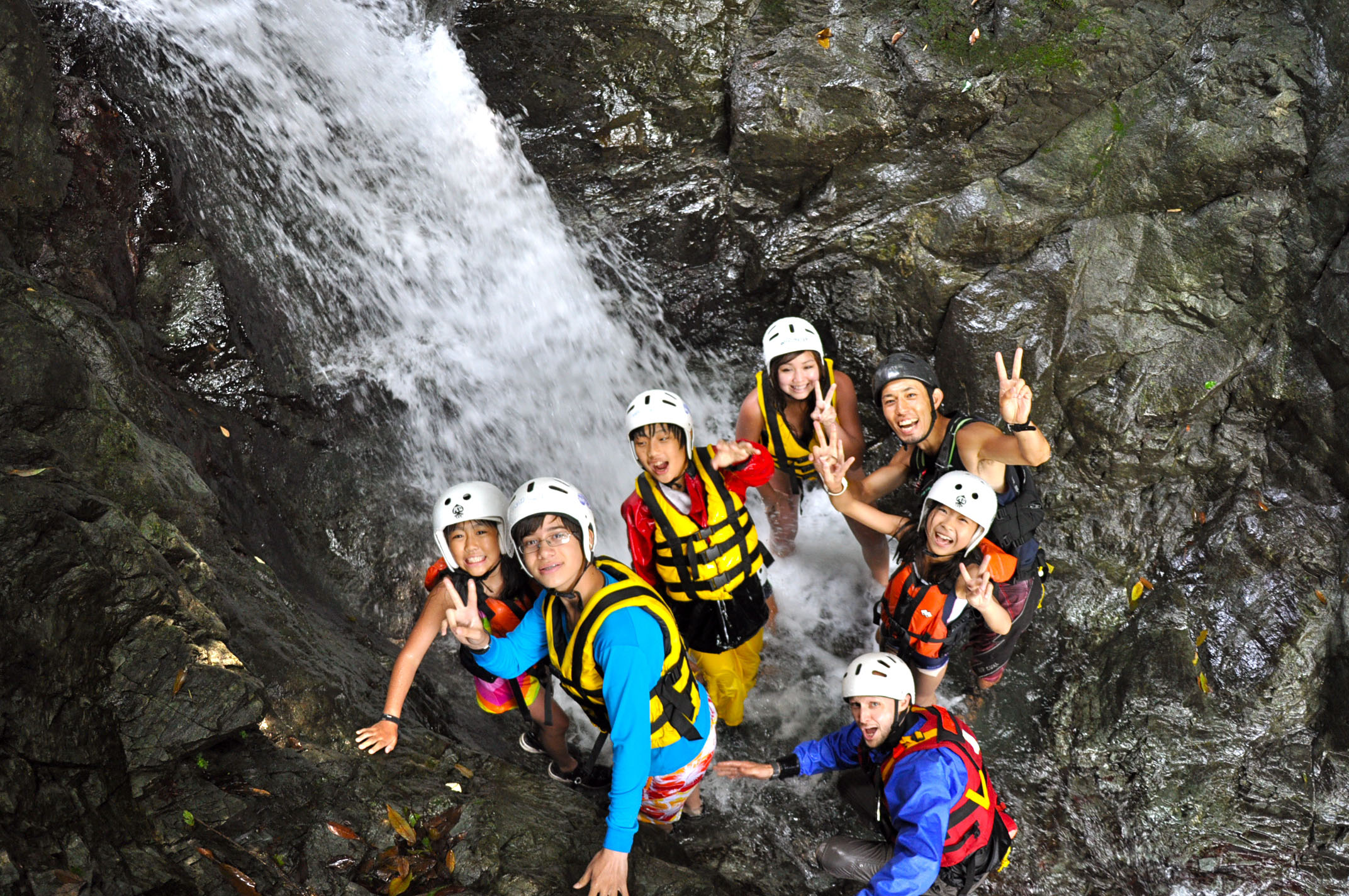
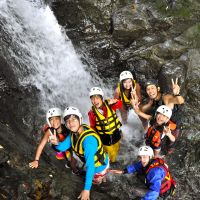
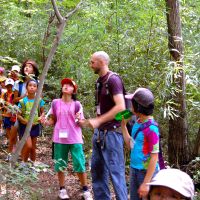
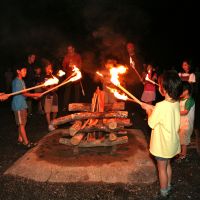
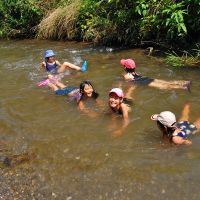
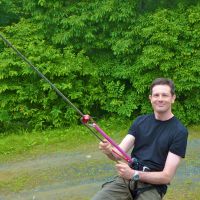















With your current subscription plan you can comment on stories. However, before writing your first comment, please create a display name in the Profile section of your subscriber account page.